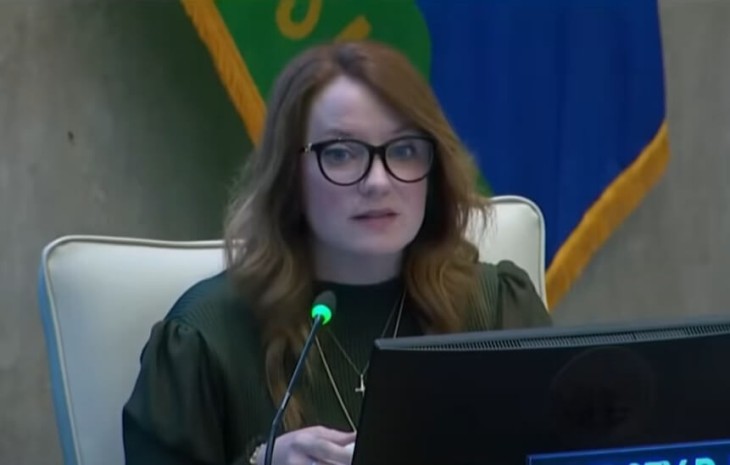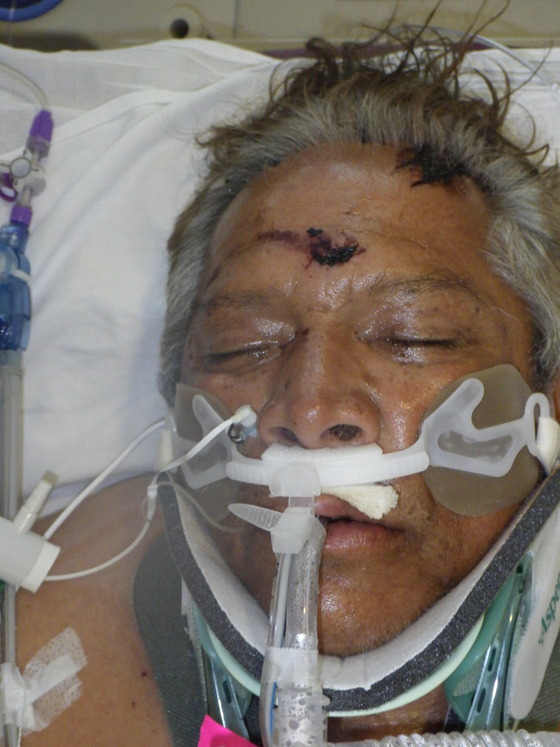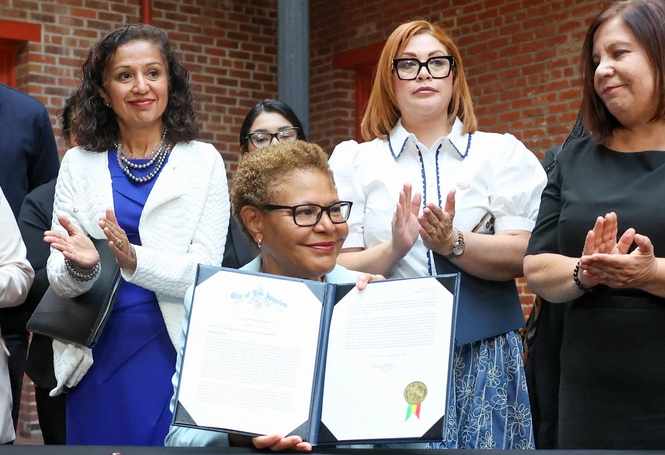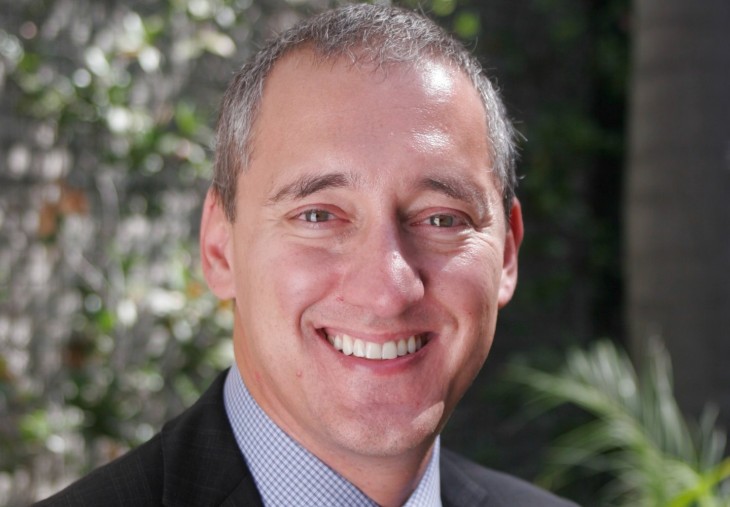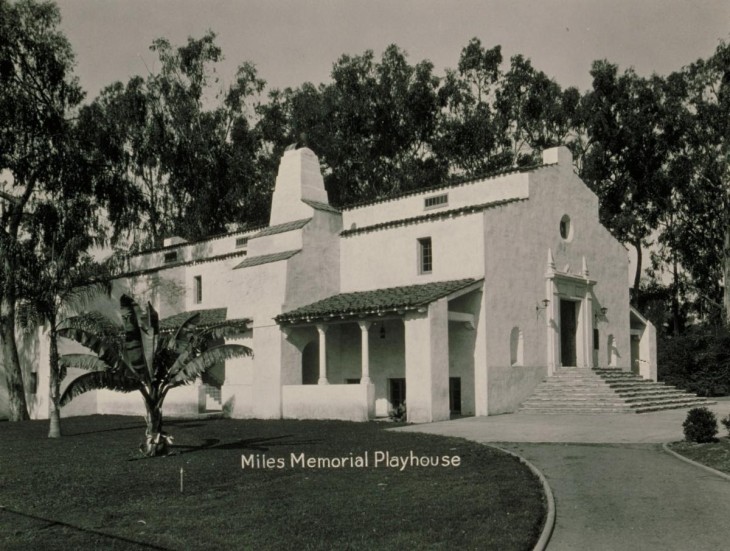By Sonja Rosen, M.D.
May is “High Blood Pressure Education Month,” which aims to raise awareness of this medical condition also known as hypertension. Below are some of the more common questions that I hear from my patients, along with my answers.
Q: “If my blood pressure is only high in the doctor’s office, or only sometimes, do I still need to treat it?”
A: Yes. Also called “white-coat hypertension,” stress-related high blood pressure requires treatment. Stress occurs daily in all of our lives, and none of us can predict, control or prevent it. When our bodies are stressed, our blood pressure naturally goes up. When we have high blood pressure, it goes up higher than it should (>140/90). We want to treat patients who have white-coat hypertension so their blood pressure does not get dangerously high under stress.
Uncontrolled high blood pressure can lead to eye and kidney disease, strokes and heart attacks. Complications of untreated hypertension include death. It is vitally important to treat high blood pressure, even if it is not always high. Blood pressure naturally goes up and down. However, we want the highs to remain within the normal range. There are some exceptions to this rule, including a few conditions that require a slightly elevated blood pressure for stable health. Ask your doctor about your target blood pressure.
Q: “Can I just try to lose weight and avoid salt, instead of taking blood pressure medication?”
A: Generally, if your blood pressure is high enough to warrant treatment, you will need to take medication to control it. If you are overweight, then losing weight is important because it will improve your overall health and mobility. It may also help lower your blood pressure in the long run or prevent you from taking more medications as you get older. However, losing weight is probably not enough to control high blood pressure. Also, if you consume a lot of salt, you should cut down anyway for better health. Doing so may help lower your blood pressure, but probably not enough to avoid medications.
Q: “If I start medication for blood pressure, will I have to take it forever?”
A: Chances are, yes. But this is not a bad thing! Many people commonly view taking medication as a “bad thing” or a sign of failure. They often think they are not better unless they can eliminate the high blood pressure entirely – and the need for medications. I often try to reframe my patients’ views on medication by reminding them that high blood pressure affects the majority of us as we age. Our arteries harden over time, causing increased resistance against the flow of blood and, ultimately, high blood pressure. It’s much better to know and treat it, than to not know or ignore it. The good news is that there are many medications – most with no or minimal side effects – that can effectively control blood pressure and prevent its secondary effects such as strokes and heart attacks.
Q: “Why do I have to take more than one medication for high blood pressure?”
A: Different medications work in different ways to control blood pressure. Therefore, one medication may help a little, but needs another medication to make it work more effectively. It is not uncommon to need several medications, working together to lower your blood pressure.
Finally, here are some key lifestyle changes to consider for healthy blood pressure:
• Have your blood pressure checked regularly.
• Take prescribed blood pressure medications as directed.
• Quit smoking.
• Eat a healthy diet rich in fruits and vegetables and low in sodium.
• Maintain a normal body weight based on body-mass index (BMI) guidelines.
• Get or stay active by taking brisk walks daily.
Dr. Sonja Rosen, board-certified in both geriatrics and internal medicine, is a geriatrician with the highly regarded UCLA Geriatrics Program in Santa Monica. She is also medical director of the Geriatrics Unit at UCLA’s new Santa Monica campus. Call (310) 319-4371 for more information.


